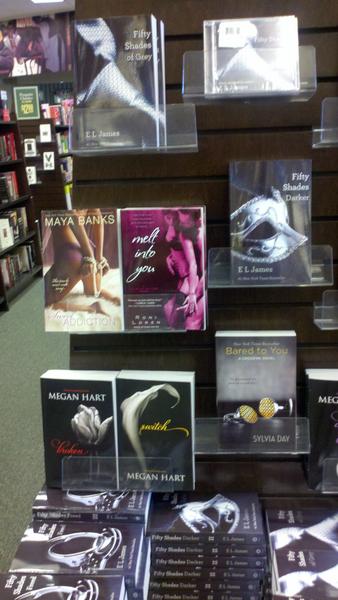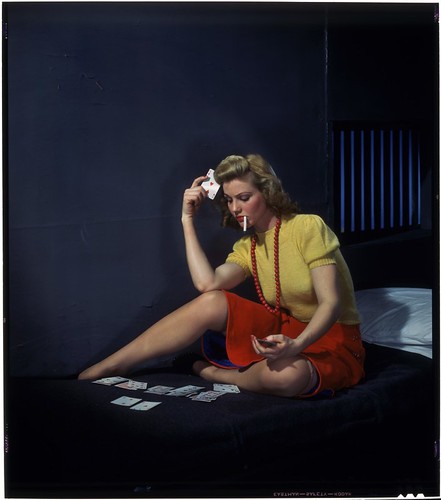 Photo sent to me by the lovely Stephanie Haefner
Photo sent to me by the lovely Stephanie Haefner
There's this thought out there amongst writers that reading something too close to what you're writing poses danger. Why? Because you may lift some idea or concept from a book and incorporate it into your own writing without realizing it--subconscious absorption or something.
So many writers, if they're writing say fantasy YA may stay away from reading any fantasy while they are actively writing and stick to things a little further from home. I get that. It would suck to have someone else's story influence yours too much.
However, here's the thing, if that's the case, then it would be dangerous to read ANY fiction or watch a movie or TV show for that matter. By nature, our stories incorporate ideas we get from things we're exposed to. For instance, if I'm writing my erotic romance, but go see some action film set in Hawaii, it could inspire me to whisk my couple away to the island for a vacation there. There's a difference between inspiration and stealing an idea (whether subconsciously or not). And I think that's where you have to be aware.
But, having said all that, I still read heavily in my genre even when I'm writing it. Why?
1. I'm ALWAYS writing.
If you end up doing this for a career, there is very minimal non-writing time, if any. I write every day. I'm under deadlines at least through 2014. If I didn't read romance while I was writing it, I would NEVER get to read my absolute favorite genre. Not acceptable.
2. It's important to know what is going on in your genre and what is successful.
This industry is constantly shifting, tastes are perpetually changing. You want to write what you write and stay true to your style, BUT you also don't want to be stagnant or unaware of what is selling. For instance, if you write my genre, you probably should read 50 Shades. Regardless of whether you love/hate/feel indifferent about it, it's important to try to discern what about that book made it such a phenomenon when erotic BDSM romance has been around forever. Keep a thumb on the pulse of your business.
3. You learn what is cliche and overdone so you can avoid it.
If you don't read widely in your genre, you may not realize that your SUPER BRILLIANT IDEA has been done a thousand times or that SUPER CREATIVE SCENE is a big fat cliche.
4. You have recommendations to share with your readers.
This is a small thing, but it really does come into play. Many of my readers are new to the genre and they want to know after reading my books, what else is out there that's like this? So if I'm well read in my genre, I can give them some of my favorites, which in turn, helps promote the genre and its authors as a whole.
So yes, be aware when you're reading that your mind may try to glom on to something from someone else's book, but don't deprive yourself of the books you love. You're writing this genre for a reason. If someone told me I'd have to give up reading romance if I wanted to write it, I would've found a different job. : )
What do you think? Do you steer clear of reading your own genre when you're writing a new book? Have you ever found yourself accidentally lifting some concept from another book?




